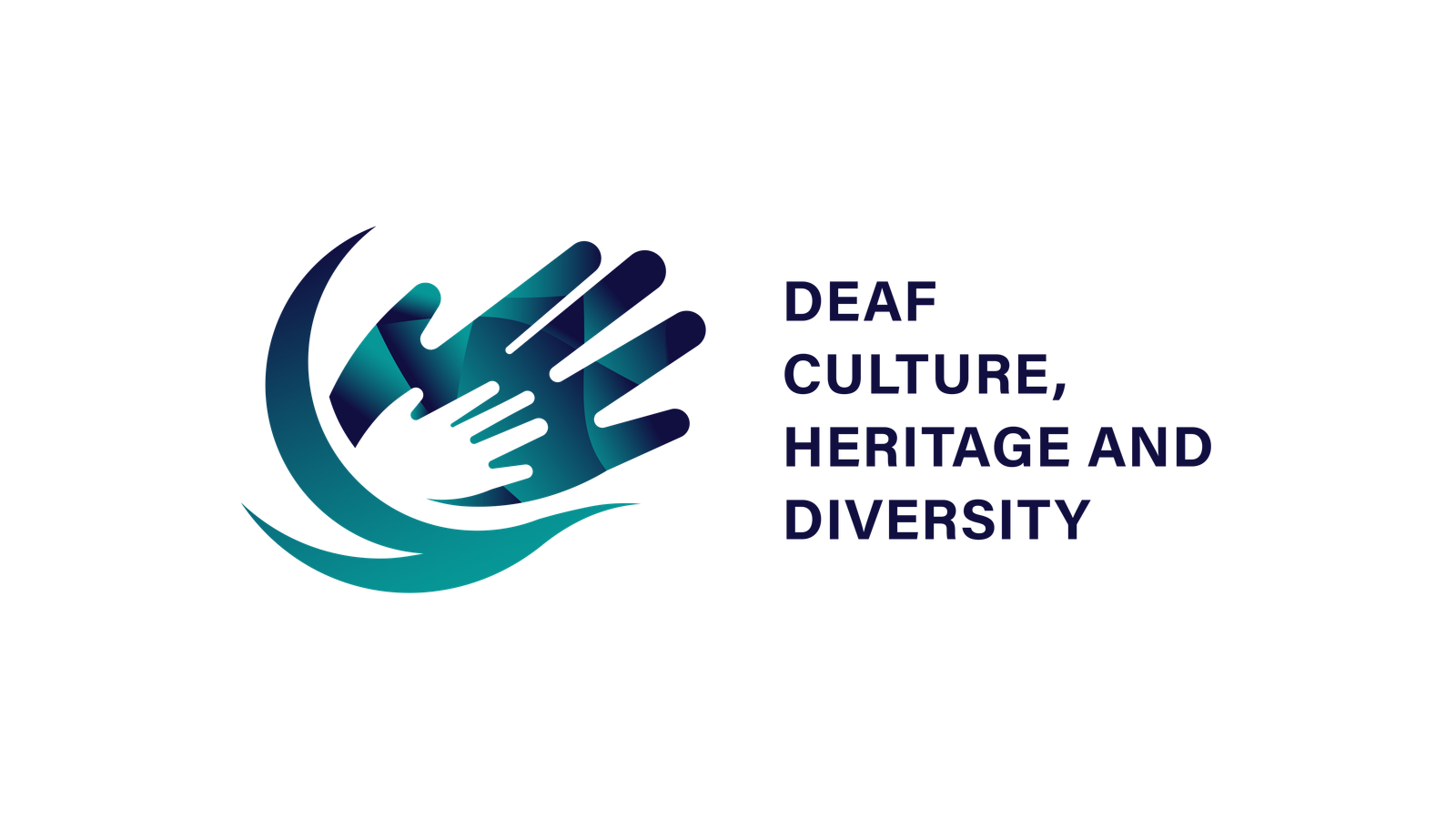Deaf History, Culture, and Diversity (DHCD) is a field of study that explores the rich heritage and unique experiences of the Deaf community. It delves into the historical, cultural, and linguistic aspects of Deaf people, shedding light on their struggles, achievements, and contributions to society. DHCD plays a crucial role in promoting understanding, inclusivity, and equality for Deaf individuals.Deaf history spans centuries, with a diverse range of experiences and stories. One significant event in Deaf history is the establishment of the first permanent school for the Deaf in Paris, France, in 1755. This marked a turning point in Deaf education, as it recognized the importance of sign language and provided a platform for Deaf individuals to learn and communicate. Over time, Deaf schools were established worldwide, fostering a sense of community and cultural identity among Deaf people.The cultural aspects of Deafness are equally important. Deaf culture encompasses shared beliefs, values, norms, and traditions that are unique to the Deaf community. Central to Deaf culture is sign language, which serves as the primary means of communication. Sign languages are fully-fledged languages with their own grammar, vocabulary, and syntax. They are visual and gestural, allowing Deaf individuals to express themselves and engage in meaningful conversations.Deaf culture celebrates the visual nature of communication and fosters a strong sense of community. Deaf individuals often participate in Deaf clubs, social events, and organizations that provide support and promote Deaf pride. These gatherings offer opportunities for Deaf people to connect, share experiences, and celebrate their shared identity.The concept of diversity within the Deaf community is also essential to understand. Deaf individuals come from various backgrounds, including different ethnicities, races, religions, and sexual orientations. Recognizing and embracing this diversity is crucial for creating an inclusive society that values and respects all individuals, regardless of their hearing status.DHCD also addresses the challenges faced by Deaf individuals in a predominantly hearing world. Communication barriers, limited access to information, and social stigmas are just a few of the obstacles that Deaf people encounter. DHCD aims to raise awareness about these challenges and advocate for equal opportunities, accessibility, and rights for Deaf individuals.In recent years, advancements in technology have played a significant role in enhancing communication and accessibility for Deaf individuals. Video relay services, captioning, and assistive devices have empowered Deaf people to participate fully in education, employment, and social interactions. DHCD explores these technological advancements and their impact on the Deaf community.In conclusion, DHCD is a vital field of study that sheds light on the history, culture, and diversity of the Deaf community. It promotes understanding, inclusivity, and equality for Deaf individuals, while also addressing the challenges they face. By recognizing and embracing the unique experiences and contributions of Deaf people, we can create a more inclusive society that values and respects the diversity of all individuals.
